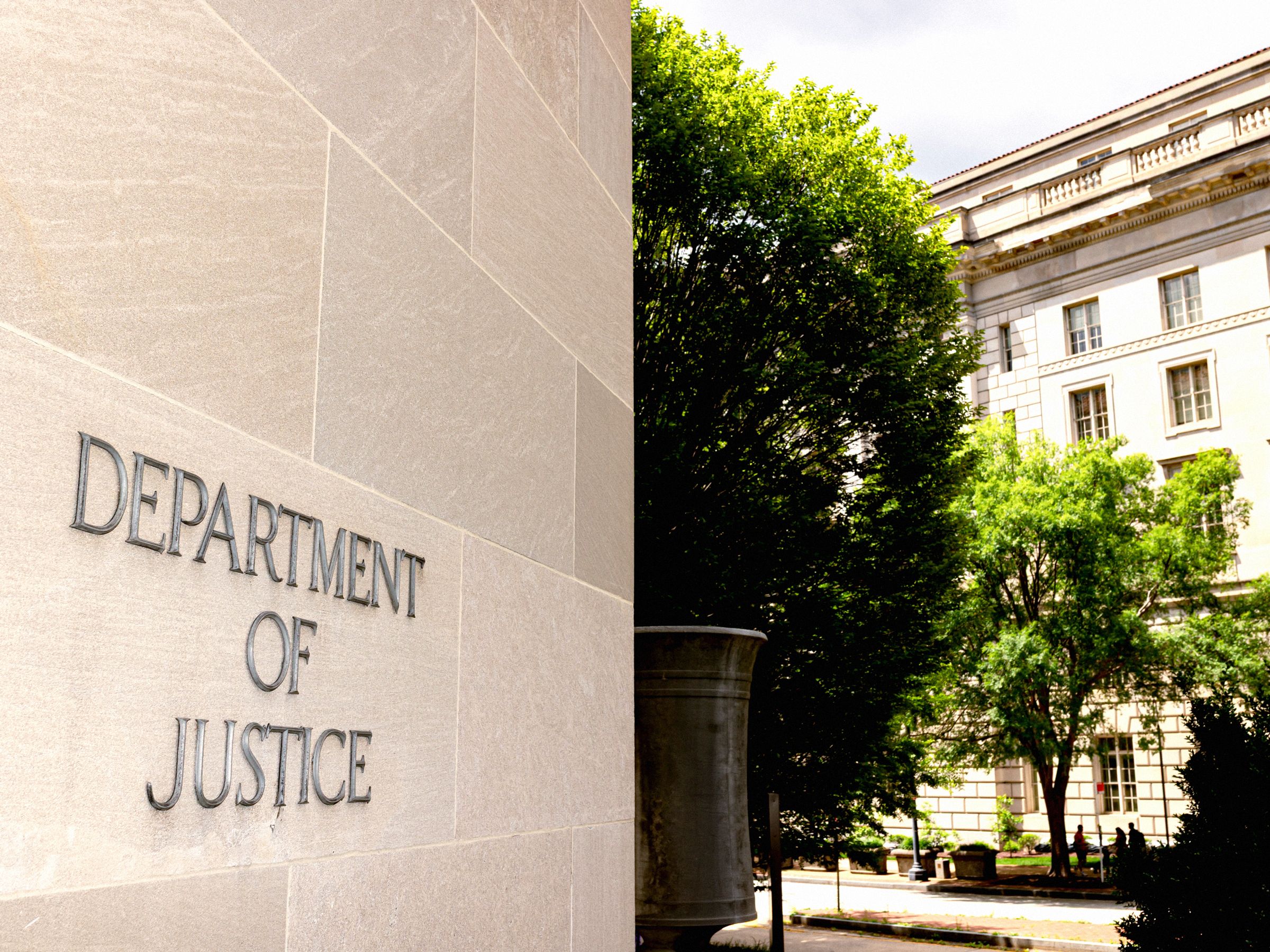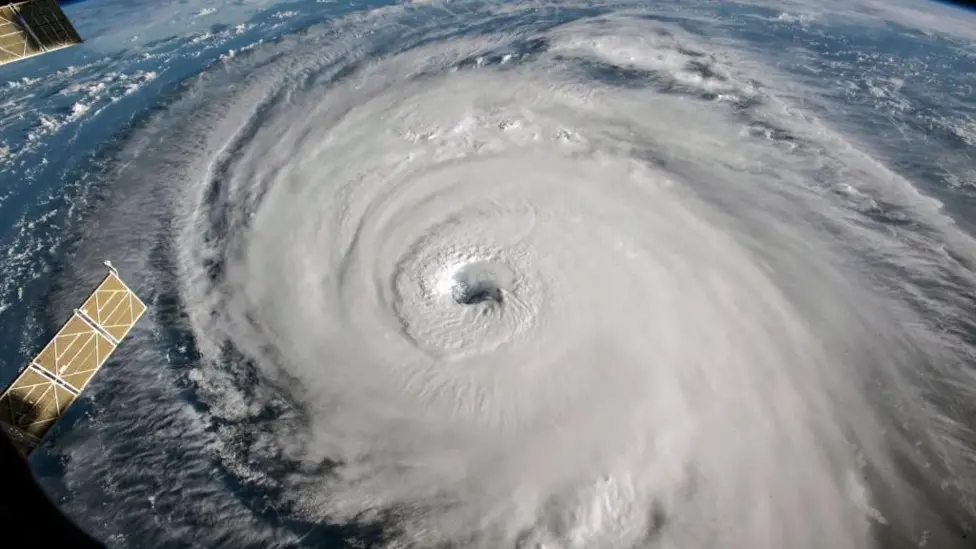Tech giants unleash AI on weather forecasts: are they any good?
In recent years, technology giants such as Google, IBM, and Microsoft have been investing heavily in Artificial Intelligence (AI) to improve the accuracy of weather forecasts. By using machine learning algorithms and vast amounts of data, these companies claim to be able to provide more precise and reliable predictions of future weather conditions.
While traditional meteorological models have been used for decades to forecast the weather, AI offers the potential to enhance these predictions by analyzing complex patterns and relationships in the data that humans may overlook. By leveraging AI, tech giants aim to provide more localized and personalized weather forecasts, taking into account factors such as topography, vegetation, and even individual user preferences.
However, the effectiveness of AI in weather forecasting has been a subject of debate among meteorologists and scientists. While AI algorithms have shown promising results in some studies, there are concerns about their reliability and accuracy, especially in extreme weather events.
One of the challenges in using AI for weather forecasting is the complexity and unpredictability of the Earth’s atmosphere. Weather systems are influenced by a myriad of factors, including temperature, humidity, wind patterns, and atmospheric pressure, making it challenging to accurately predict future conditions.
Despite these challenges, tech giants continue to invest in AI-driven weather forecasting technologies, citing potential benefits such as improved safety, better agricultural planning, and enhanced resource management. By harnessing the power of AI, these companies hope to revolutionize the way we predict and prepare for weather events in the future.
As AI continues to evolve and improve, it is likely that the accuracy and reliability of weather forecasts will also increase. While tech giants are making strides in this space, it is essential to continue refining AI algorithms and incorporating feedback from meteorologists and other experts to ensure the best possible predictions for the public.
Overall, while AI has the potential to revolutionize weather forecasting, it is essential to approach these advancements with caution and skepticism. As with any new technology, there are inherent risks and limitations that must be addressed to ensure the highest level of accuracy and reliability in predicting our ever-changing weather patterns.






More Stories